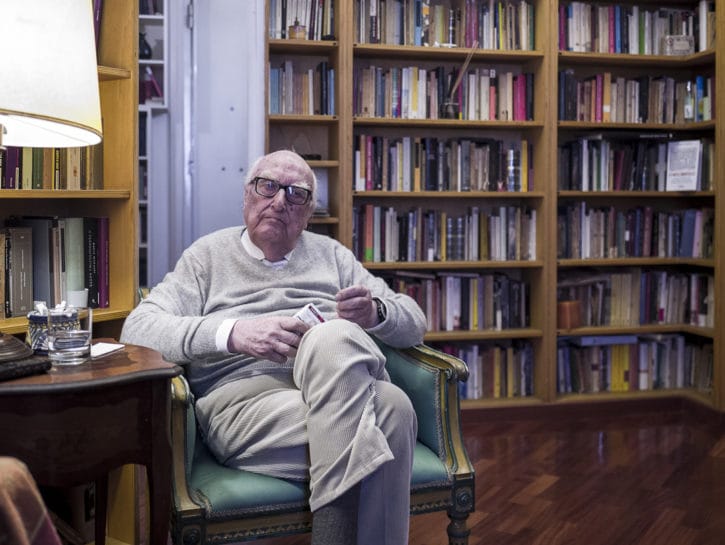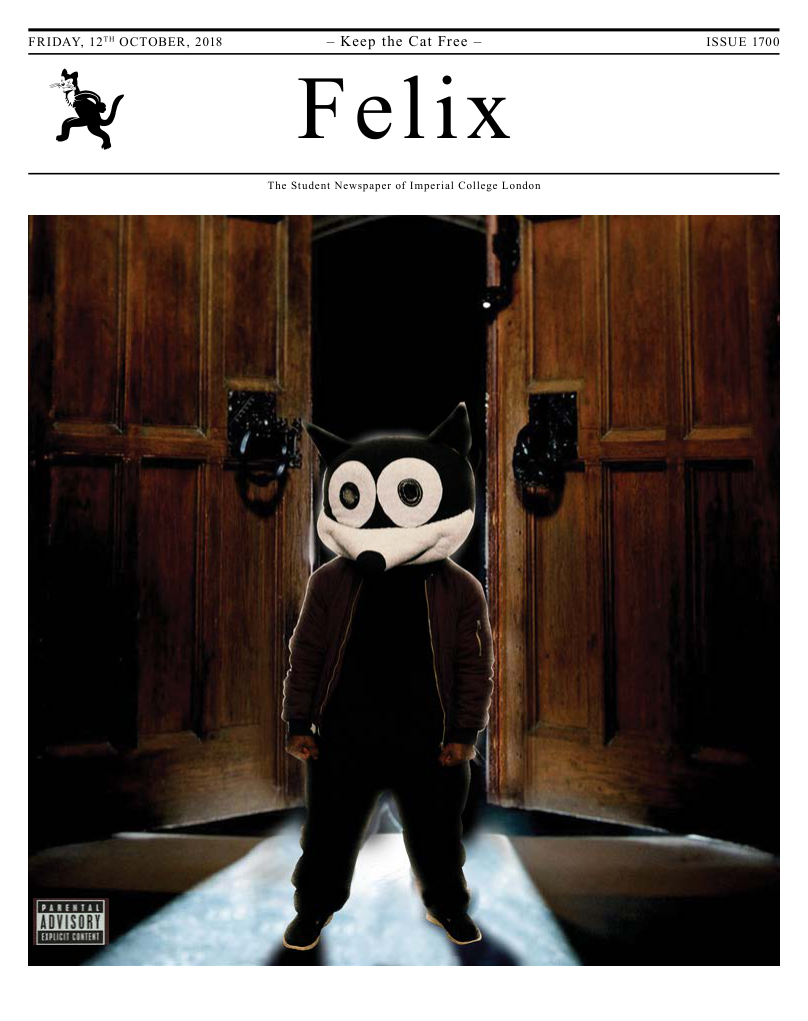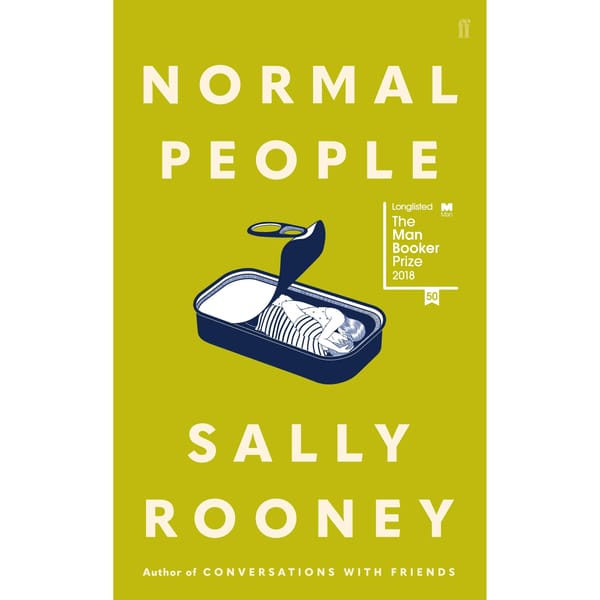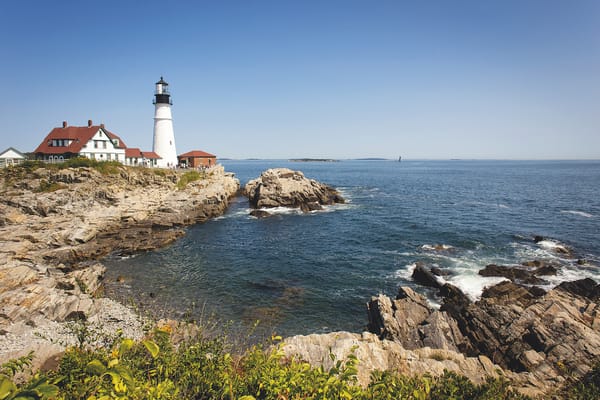A family against the Sicilian Mafia
Andrea Camilleri, author of the Inspector Montalbano series, writes about a family pit against the Sicilian Mafia of the early twentieth century in The Sacco Gang.

Imagine, if you will, Sicily of the early twentieth century; an island whose main source of income is agriculture, its residents mainly peasants. Against this backdrop, we are introduced to the five Sacco brothers, who are part of an honest, hard-working, recently landed family. Their father, Luigi, has made his money by mastering the grafting of Pistachio trees. One day, they receive a letter from the Sicilian Mafia, demanding they pay for their ‘protection’. Luigi commits an unthinkable act: he burns the letter and refuses to surrender to the demand. That is when all of the family’s troubles begin.
The Sicilian Mafia, active for some time in their town, has permeated through the very fabric of society, redefining its culture and accepted norms. When anyone receives such a letter they usually capitulate. Rarely do the Mafia run into obstinate fools, and when they do, another letter and a warning are sent – such as the burning of fields or, if that does not yield a satisfactory result, the death of a close family member. But the Sacco family does not succumb to the pressure, instead resorting to the law at every incident. The police are helpless, even shocked that the family would not simply give in to the demands of the Mafia. They essentially offer them no protection and cannot prosecute any of the suspects, despite their confidence in the brothers’ claims, due to a convenient ‘lack of evidence’.
The family is forced to take measures to ensure their safety, moving out of the countryside to a nearby town, arming themselves to the teeth during every visit to their fields. However, matters soon take a turn for the worse with the Mafia. Viewing the Sacco’s defiance an intolerable offence, they try to engineer events such that the Sacco brothers are convicted of crimes they themselves committed. Soon the situation becomes so unbearable that some of the brothers become fugitives.
With the political changes occurring in Italy, the brothers hope that the new Fascist government of Mussolini would wage a war against the Mafia. An unlikely event, since some of the Mafia members were big donors to the party, that comes to pass because of a fallout between the two. It is soon clear, however, that the new Prefect will stop at nothing to apprehend the Mafia, even those who actively fought against it like the Sacco brothers. Their safety is compromised further and there is no recourse for them but to hand themselves in.

The narrative takes on, at times, a biographical nature, using excerpts of one of the brothers’ writings to expound on the events, which are based on a true story. The first half of the novel was a thrilling page-turner; I was so engrossed in the Saccos’ struggle and their uncertain future. The latter half though was not nearly as intriguing; it mainly dealt with the arrest, trial and imprisonment of three of the brothers.
The setting of the novel was what first drew me to it, and, in that respect, it did not disappoint. The lifestyle, culture, and sudden political upheavals serve as anchors that do not totally overshadow the story itself. It was an interesting insight into Sicily of the 1920s and the culture of the Mafia, which was not extinguished by the imprisonment of most of their members during the Fascist era. Camilleri uses a quote from A History of Sicily to explain this: “Had the Mafia been an association instead of a way of life, [the Prefect] might have been able to suppress it for a while, but its complex social and economic causes could never be removed in such a short amount of time, and using only such methods.”
Camilleri’s writing leaves much to be desired. His attempt at transforming the true historical events into a story failed, in my opinion. Instead, it took the tone of a reference text almost, especially towards the middle and the end. I believe that, were Camilleri not a big name thanks to his Inspector Montalbano series (which I haven’t yet read), this novel would not have been translated into English. Suffice it to say that, by the end of the book, I was less than enthusiastic at the prospect of a foray into his most famous works.








